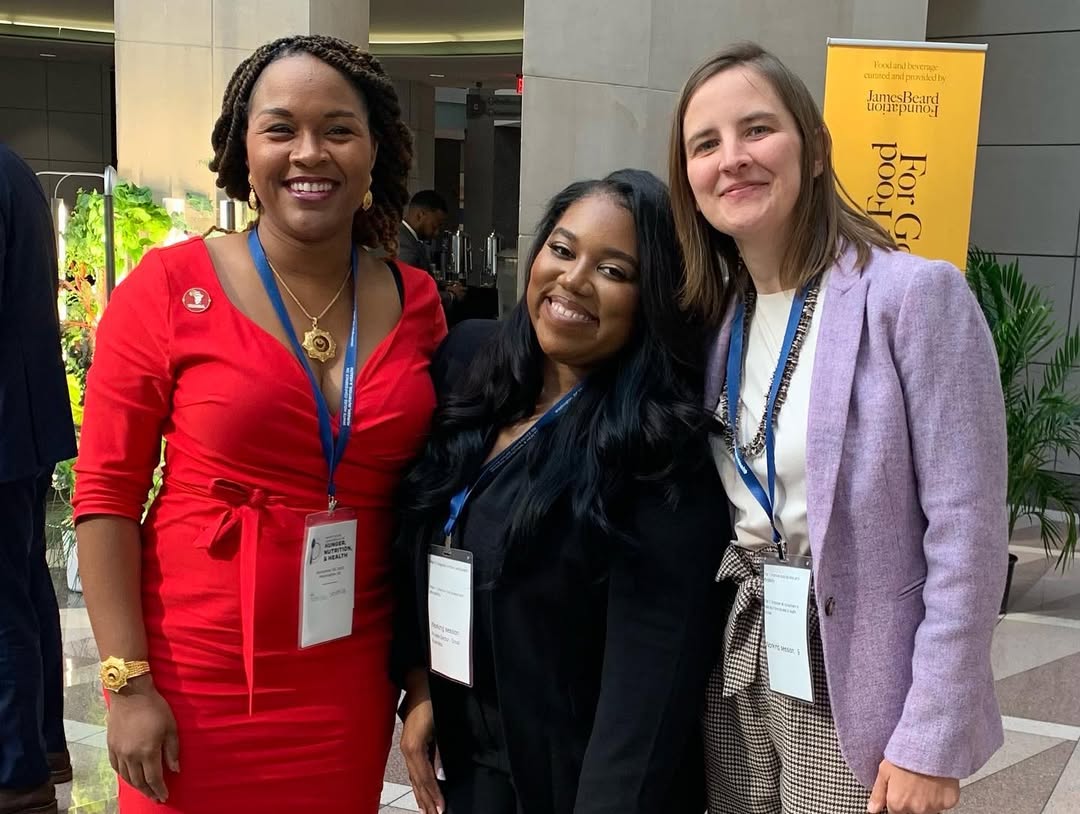There’s a role for everyone in reaching out to Congress to urge that it protect food assistance for kids.

There’s a role for everyone in reaching out to Congress to urge that it protect food assistance for kids.
March 20, 2025

Breakfast at De Zavala Elementary in San Antonio, TX. (Photo credit: Share Our Strength)
Of all the reckless ways for the federal government to save money, taking breakfast and lunch away from 12 million kids in 24,000 schools across the country has to be the most reckless. We could save even more by taking away books, pencils, and computers, but then kids wouldn’t learn much, would they? The same goes for taking away their school meals.
Expand your understanding of food systems as a Civil Eats member. Enjoy unlimited access to our groundbreaking reporting, engage with experts, and connect with a community of changemakers.
Already a member?
Login
But this is what Congress is considering, through changes to an innovation known as the “Community Eligibility Provision” (CEP) which, ironically, was designed to achieve the very efficiency for which the Department of Government Efficiency is allegedly searching. CEP says that if 25 percent of a community’s kids are pre-identified as eligible for free school meals, then those meals ought to be available to all the kids rather than go through the bureaucratic expense and time-consuming paperwork of individual applications.
“I’ve seen first-hand how kids tune in once they’ve had their cereal, yogurt, or egg sandwich. . . . how their hands begin to shoot up to answer questions.”
The House-passed budget resolution directs the Education and Workforce Committee to cut $330 billion over the next decade, which is why Congress is contemplating saving money by raising the CEP eligibility threshold from 25 percent to 60 percent. That would reverse decades of steady progress since the admirals and generals who returned from World War II first recommended feeding kids at school so America would have stronger, healthier soldiers.
Since then, countless studies and statistics have documented the advantages to kids, schools, and the economy when students receive nutritious school meals. Attendance and test scores improve. Tardiness and disciplinary infractions decline. Even if there wasn’t such evidence, would there be any rational argument for not feeding kids? For almost 20 years now, Share Our Strength’s No Kid Hungry campaign has worked with thousands of school districts and nonprofit partners to increase participation in school meals.
One signature strategy of moving breakfast from the cafeteria before school, to after the bell—either in the classroom or grab-and-go between classes—increased participation by more than 3 million kids. Schools represent a built-in infrastructure for reaching most of America’s children. And as former First Lady of Virginia Dorothy McAuliffe says, “Kids can’t be hungry for knowledge if they are just plain hungry.”
I’ve spent more mornings in cafeterias and classrooms than I can count. From Mrs. Diaz’s homeroom period on New York City’s Upper West Side to the sixth-graders in El Monte, CA and dozens of communities in between, I’ve seen first-hand how kids tune in once they’ve had their cereal, yogurt, or egg sandwich. Any classroom teacher will affirm what I’ve witnessed: how kids settle and focus, how their hands begin to shoot up to answer questions, how they start to work in small groups more cooperatively and effectively. There’s no fraud, no corruption, only kids being kids, and being our future.
I heard from one such teacher recently: “As a public-school teacher in South Carolina with a daughter teaching at a Title 1 high school in Boston, we see firsthand every day what a nutritious meal means to a child’s ability to grow and learn. This proposal is cruel and ultimately, quite foolish.”
Students reach out as well: “I was one of those kids that received free breakfast/lunch because our family was dirt poor, and I can personally attest to the complete inability to focus and learn when your stomach is growling so hard it’s cramping. Few things will better enable our children to be engaged and have a can-do attitude than a full belly.”
It’s telling that even proponents of the change have not put forth compelling arguments that school meals or the Community Eligibility Provision don’t work. Only that the funds are needed for more tax cuts.
It’s a shame to see national politicians injecting partisanship into food assistance issues that have historically had bipartisan support. At the state and local level, they still do. For example, just last month Arkansas Governor Sarah Huckabee Sanders, a Republican, signed legislation that passed the state legislature with overwhelming bipartisan support, providing students with free breakfast. “Free school breakfast will help ease the burden on families just trying to put food on their tables and make sure kids are fueled and ready to learn,” said Governor Sanders.
“Proponents of the change have not put forth compelling arguments that school meals or the Community Eligibility Provision don’t work. Only that the funds are needed for more tax cuts.”
Additionally, 112 mayors—Democrats, Republicans, and Independents—have signed a letter to Congressional leaders urging them not to cut the food assistance for kids provided by SNAP. One in five kids in America receives SNAP, which provides the nutritious food needed to stay healthy and do well in school. Mayors understand this, given their close proximity to Americans affected by indiscriminate budget cuts.
There’s a role for everyone in reaching out to Congress to urge that they protect food assistance for kids. Seek permission to visit your local school’s breakfast or lunch program and share what you observe. Dare your elected officials to join you, and then see if they are in favor of cutting it.
Members of Congress who have never before supported cuts to food assistance programs seem to be doing so now, not because they believe the cuts are right or fair, but because they are fearful of political consequences. Too many leaders in business, finance, education, the media, and elsewhere remain silent.
Bobby Kennedy was right in 1966 when he said, “Moral courage is a rarer commodity than bravery in battle or great intelligence. Yet it is the one essential, vital quality for those who seek to change.”
Childhood hunger in the U.S. is solvable. There is no shortage of food, only of moral courage. But it shouldn’t require much courage to speak up on behalf of kids.

July 30, 2025
From Oklahoma to D.C., a food activist works to ensure that communities can protect their food systems and their future.
Like the story?
Join the conversation.